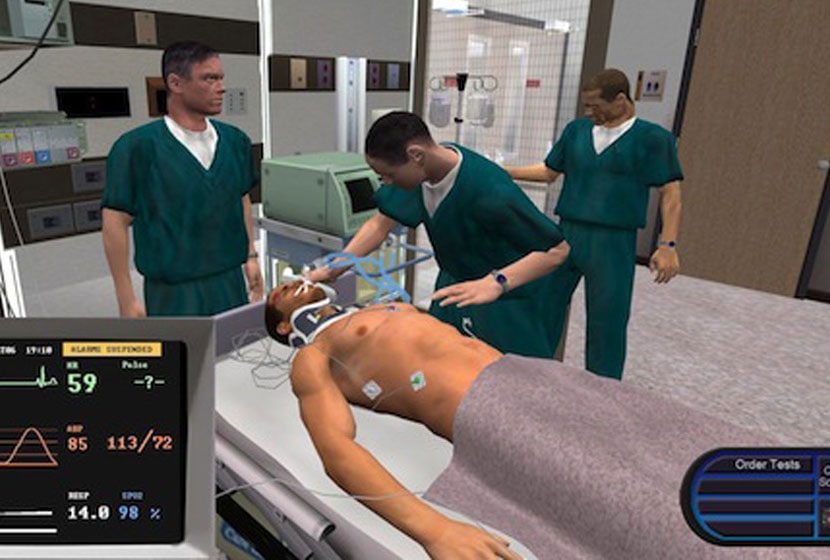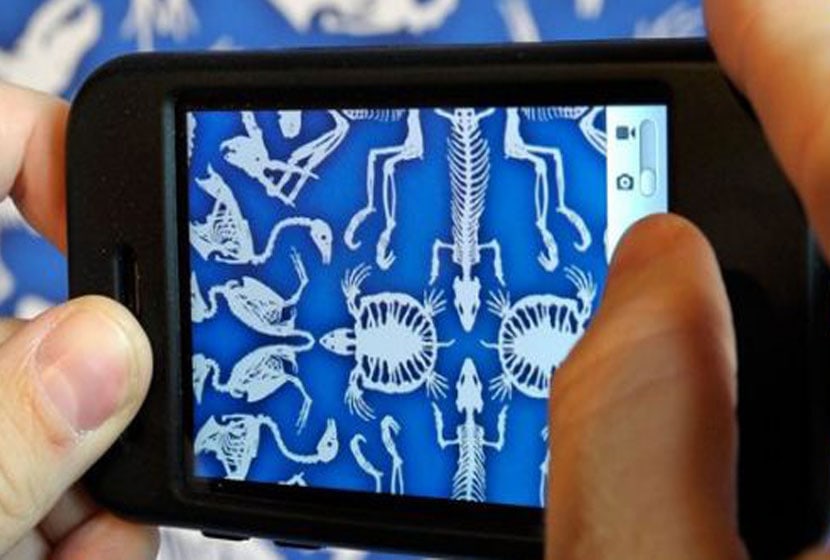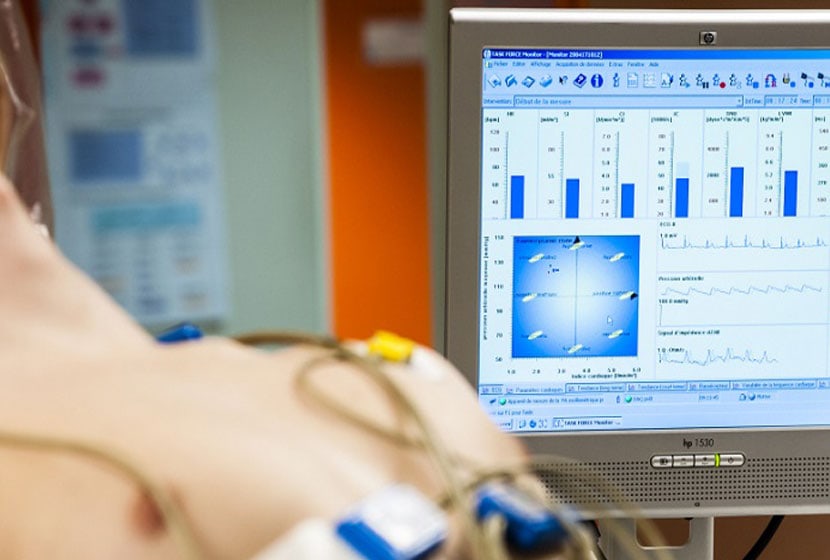More and more health professionals may be using video games to accompany patients.
World of Warcraft (WoW), the world's most popular online game (10 million users), has changed the life of a young American boy with Asperger's syndrome, a particular form of autism. In 2010, relates the Wired siteIan Bates, a tireless fan of WoW, questions the game's writers at the annual convention of the Blizzard company that develops it, about an inconsistency he noticed.
The intervention of the "red shirt guy" (the guy in the red polo shirt), as he is nicknamed, has been seen by more than five million Internet users. This public speaking is a feat for him: the hardest thing he has ever had to do in his life," he later confided. While people with autism suffer from relational and communication disorders, the world of gambling, by facilitating relationships with others, would have helped him overcome his disability.
Playing to make up for his handicap
 For patients affected by serious illnesses, video games are a way to gain a better understanding of their illness, or even to make up for certain deficits through learning or physical and mental stimulation. All while having fun.
For patients affected by serious illnesses, video games are a way to gain a better understanding of their illness, or even to make up for certain deficits through learning or physical and mental stimulation. All while having fun.
This is the case of I StimulateThe first of its kind, an educational game to be released in 2013, is designed to improve the social skills of children and adolescents with autism or "pervasive developmental disorder". It aims to improve the problems of understanding and perception of the social world suffered by autistic people. "It's a game that has a psycho-educational role...says child psychiatrist Sylvie Serret who participated in its creation. That is to say, it is not intended to deal with the deficit, but to compensate for it. »
This game teaches them to recognize emotions and emotional gestures on the faces of the characters, and then to discard them in scenes of virtual social interactions, taken from everyday life. « The advantage, unlike the games we traditionally use, is that here we don't work with static images. Moreover, the visual support of video games, because it is playful, allows us to interact much more easily with those children and teenagers who have important communication problems".says Sylvie Serret. It would also be an ideal way to address autistic people with more significant intellectual disabilities.
Better understand your illness
 Serious games (or "serious games") are also an instrument in the service of therapeutic education. "With video games, they can better understand their disease and its treatment at their own pace and without the learning curve being too restrictive, explains Didier Billet, a respiratory physiotherapist, member of the association. IKARE who developed the free online game Mucoplay.
Serious games (or "serious games") are also an instrument in the service of therapeutic education. "With video games, they can better understand their disease and its treatment at their own pace and without the learning curve being too restrictive, explains Didier Billet, a respiratory physiotherapist, member of the association. IKARE who developed the free online game Mucoplay.
Intended for people with cystic fibrosis, Mucoplay is composed of different modules on the basic knowledge that patients should have, such as hygiene or nutrition.
The interest of this game is also to address the nursing staff. "to approach the disease in a different way with their patient or to update their skills through quizzes." details Didier Billet. Without forgetting caregivers : "They are often the ones who have to prepare the care. They are obliged to develop certain skills such as preparing, cleaning and sterilizing an aerosol. The game allows them to learn.
Adults are not excluded
 An article from the magazine Nature reports on an experiment conducted by American researchers with 46 people aged 60 to 85. For twelve sessions, they played NeuroRacerThe game is a 3D game that consists of driving a car on an infinite road, while reacting to virtual signals.
An article from the magazine Nature reports on an experiment conducted by American researchers with 46 people aged 60 to 85. For twelve sessions, they played NeuroRacerThe game is a 3D game that consists of driving a car on an infinite road, while reacting to virtual signals.
Prior to the experiment, a first test with a group of 174 people, aged between 20 and 79 years old, who had played the game once, had shown that the younger ones were more reactive in managing several tasks at the same time. After training, the final tests of the older people showed that they had become more efficient at multi-tasking than people who had not trained (including 20-year-olds!). Thus, the game would have improved their cognitive abilities, such as concentration and memory.
Serious games, the future of e-health?
 Serious games also help to maintain or improve the physical capacity of certain patients. In particular, thanks to tools that capture movements at a distance, such as the Kinect, to perform precise physical exercises at home. According to the Genious Group, which is developing VoracyFishA game for upper limb rehabilitation for stroke victims would make rehabilitation more fun and motivating.
Serious games also help to maintain or improve the physical capacity of certain patients. In particular, thanks to tools that capture movements at a distance, such as the Kinect, to perform precise physical exercises at home. According to the Genious Group, which is developing VoracyFishA game for upper limb rehabilitation for stroke victims would make rehabilitation more fun and motivating.
The French serious games market is currently worth €1.5 billion and could be worth €10 billion by 2015. In 2009, the State launched a call for projects on serious games, among which innovations in the field of health were the majority. Recently, the second e-health component of the Investments for the future 23 million for projects in the field of digital services for health and autonomy, including serious games.
Maryline Passini, Founder and Director of Promote - Laboratory and agency of operational prospective










